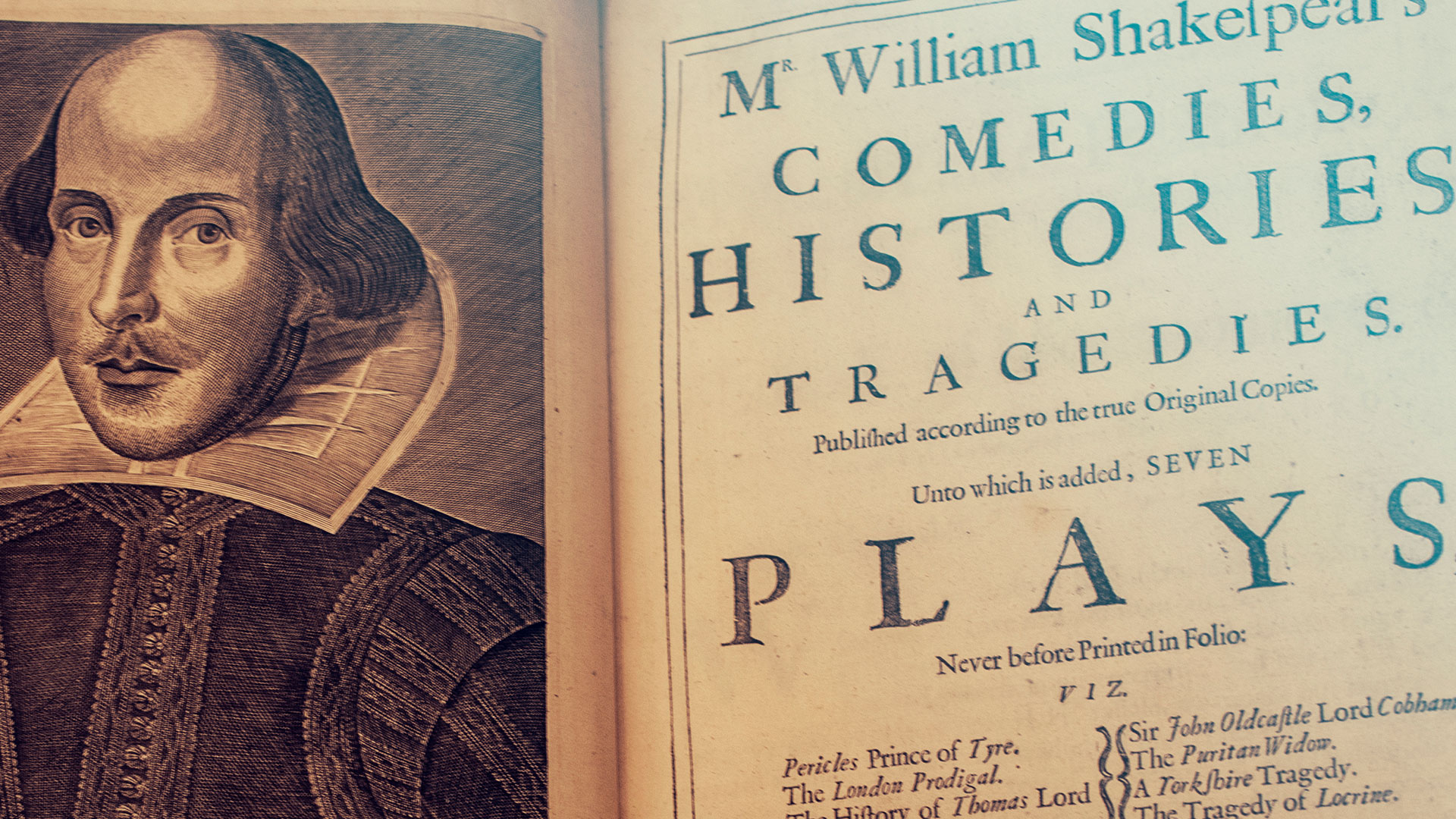
Graduate English Advisory Committee Programming
Works-In-Progress Series
The Works-In-Progress Series provides an interactive forum in which faculty and students share and respond to projects at various stages of completion. Events begin with 5-10 minutes from a participant and respondent, followed by open discussion.
The series aims to enrich the intellectual life of the department, to provide a forum for faculty and advanced graduate students to share their work and to encourage interactions between faculty members and graduate students. It is sponsored by the Graduate English Advisory Committee and coordinated by the Works-in-Progress chairs. Papers are pre-circulated.
English Graduate Colloquy
The English Graduate Colloquy offers graduate students the opportunity to present their work and to receive feedback from peers and faculty. The colloquy encourages students to present both traditional papers and innovative projects that might be collaborative or multimedia in nature.
At each session, a graduate student offers a short presentation, after which the floor is opened to questions from an audience of fellow students and members of the faculty. We believe that the colloquy embodies the highest ideals of intellectual exchange, and we strongly encourage all students to present their work at least once during their time in the department.
Kemp Malone Lecture Series
The Kemp Malone Lecture Series began in 2004 by English graduate students to foster closer relationships with scholars around the country. Graduate student-run and led, the Kemp Malone Lecture Series recruits some of the most respected academics in literature, cultural studies, and critical theory writing today. The intent of the series is to match Emory student interests with scholars who have written on those interests and to make scholars accessible to students.
Scholars are nominated in the spring and chosen by the Kemp Malone committee in conjunction with the Director of Graduate Studies. The scholar is selected based on her or his influence in the academic field and relevance to Emory's graduate community.
Kemp Malone Lecturers are invited to a student-led reading seminar based on their work, are invited to give a lecture to a faculty and student body later that same day, and are invited to discuss, roundtable-style, issues in pedagogy, professionalization, or critical reception of their work with students. The series invites the lecturer for two days of discussions and lectures. All activities and lectures are planned and carried out by the Kemp Malone Committee.
The Kemp Malone Lecture Series Committee usually consists of 4 students (one from the 2nd year, one from the 3rd, one from the 4th, and one from the 5th). The current 4th-year student is traditionally the chair of the committee, and the incumbent 4th-year student serves in an advisory role. Students are chosen at the end of their first year by members of the current Kemp Malone Committee and continue to serve on the committee for the following three years. With the help of the whole graduate student body, members of the committee plan the Lecturer's visit and secure funding from various departments and campus institutions.
Brown Bag Lecture Series
Since 2005, roughly half of Emory Ph.D. graduates have secured tenure-track academic positions at the institutions listed below. Of those who conduct national job searches, the figure is a bit higher. Many of our students also find rewarding careers in administrative, archival, or writing center positions at four-year colleges and universities. We are equally pleased to see the ingenuity of our students finding work in the business, nonprofit, and art worlds. One recent alum is a successful novelist; one is a researcher for the Council of Graduate Schools; one teaches at a private high school, and one works for a marketing firm.
Each year, the department appoints two faculty members to serve as job placement officers; we have also begun a program of alternative career advising for those who wish to find university positions outside of conventional disciplinary appointments (in archives, administration, advising, etc). These faculty members guide students seeking academic positions by holding workshops, reviewing materials, and staging mock interviews.
Photo: Shakespeare fourth folio, Stuart A. Rose Manuscript, Archives, & Rare Book Library.